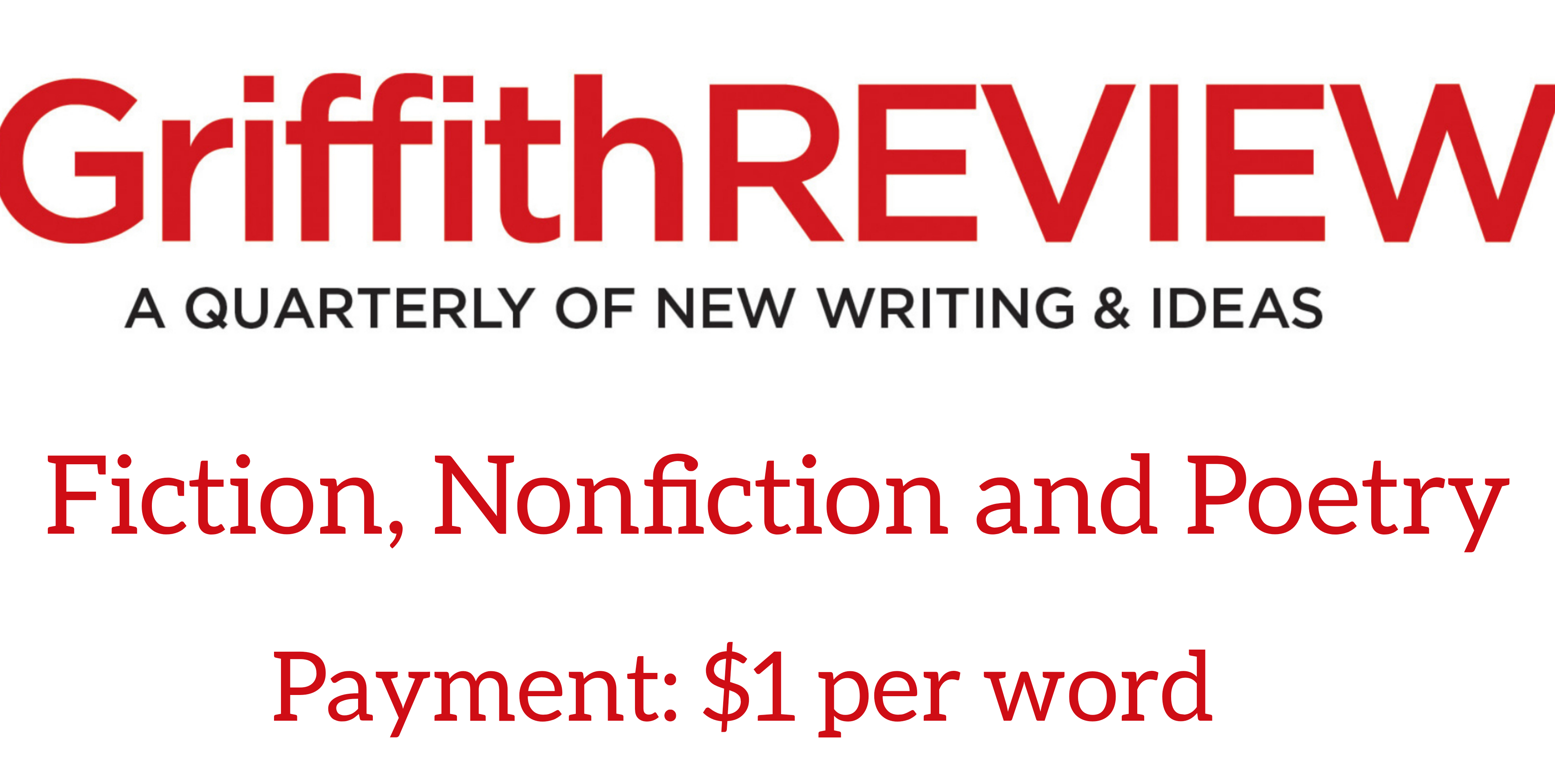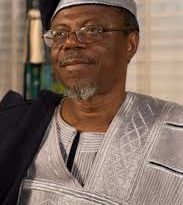STARTING A STORY PART 2
Written by Charles Opara
If you haven’t read the part One of this series, and want to, CLICK HERE
The way you start a story should depend on which POV you want to use. But before you even decide on the POV to use, you will need to decide on how best to tell your story. The genre of the story you wish to write (if you’re writing genre fiction), most times, will dictate your POV choice. How best to tell your story–what style to use etc–should be your goal and it should determine your choice of POV, and ultimately, how you start your story, after you have carefully plotted it out.
Will you use an impersonal voice?—that is, the voice in the story, does it belong to no character in your story. Or a personal one?—a voice that belongs to a character in your story. Or a mix of both?—it starts off impersonal and switches to personal, perhaps.
You’ll also have to consider the scope/scale, events in the plots and which characters will experience them to decide on a POV. For instance, a first person POV might be too narrow for a story with a wide scope because the narrator will not witness all the events you want to tell. So you may want to go for multiple first persons.
Personally, when I write novels, I write in the third person, most times (and most times I write genre fiction: sci-fi and fantasy). Some of my chapters are completely impersonal, some, personal, and others, a mix of both. In my short stories, I write in a number of different POVs–and plan to write in all the different POVs possible.
Although personal third person voices are very common in stories, impersonal voices are often strictly third person voices (you can hardly ever find impersonal ‘I’s or ‘You’s). When I write from a close/deep personal POV, I start by writing about something my main character is focusing on. It could be an object or a person. When it’s more distant, your regular (not so close) personal POV, I start with what the main character is doing. When I write from the impersonal third, I might go for the long intro, describing what I think I should to set the scene. I try to make the scene vivid, camera-eye style–an objective lens, zooming in on my main character, sequentially and orderly. Only in my short stories do I allow that impersonal voice to have a personality. But that’s a personal choice.
From whose eyes do you want to tell it?
Visualize the story from that perspective.
And begin.




